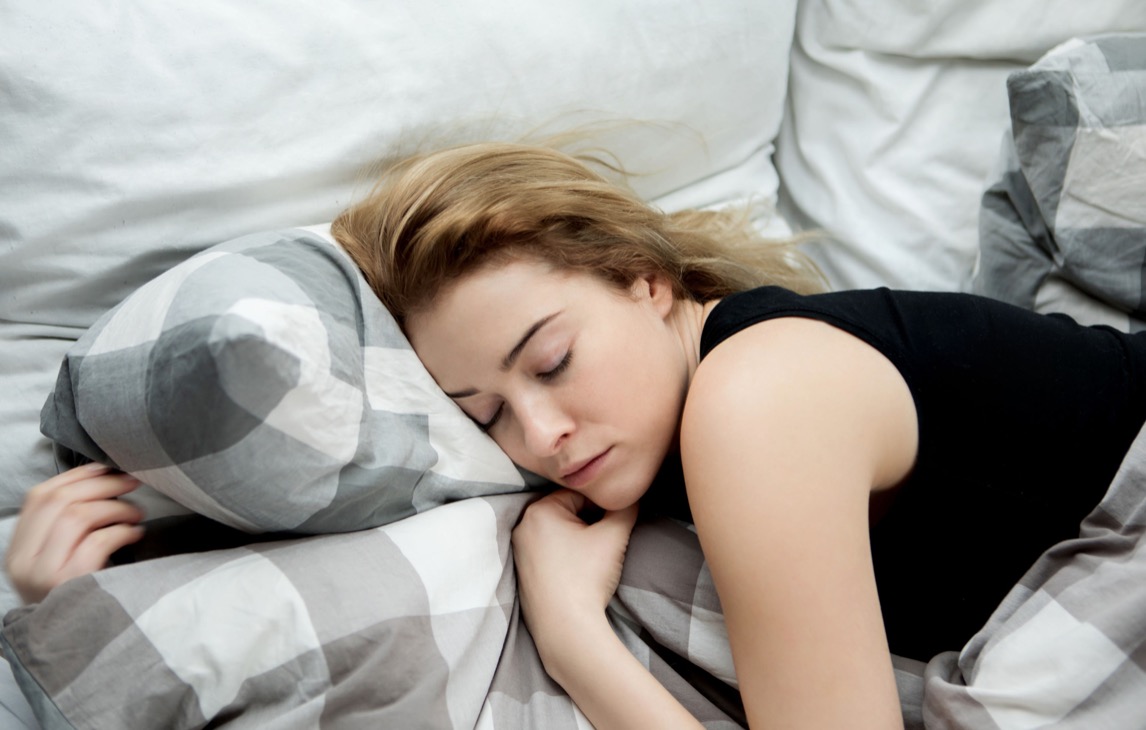There is a hard truth that many of us do not understand – teens are among the easiest category of sleep-deprived individuals. Today, they are even more sleep-deprived than in years past, with a recent study revealing that up to 85% do not even get enough nighttime shut eye.
The reasons for the lack of proper sleep are varied: start times in schools are too early, homework is excessive, and most of all: internet penetration in the bedroom. As a parent, you might be at a loss on what to do, because you cannot just shout at your teen to ‘go to bed early’ – when the actuality is that the bodies of teens go through plenty of changes, and their brain is hardwired to stay up later and wake up later.
If the world was perfect, teens would go to school at 10 or 11 a.m., but that is not the case. However, the power is in your hands to encourage your teen to develop healthy sleep habits, such as the tips we will discuss in this article.
- Avoid the snooze button by getting extra sleep in the morning
It is normal to love the snooze button – we would be hard-pressed to find someone that does not. However, snoozing leads you to cheat yourself, despite it sounding like a good, comfortable proposition. If the alarm goes off at 5:15 am and you instead snooze it to 6 am, then you are better off just setting it to 6 am and get out of bed immediately; that way, you get 45 minutes of extra uninterrupted sleep.
- Doing tactical napping, and do caffeine if needed
The main belief when it comes to sleep hygiene is that you need to avoid caffeine at all costs when you are trying to take a nap. The reason is sound; caffeine interferes with sleep quality and quantity.
However, sometimes it is very hard to stay awake when you need to, such as when the teen needs to finish their math assignment or you might need to drive home after an event. In both cases, you cannot afford to be drowsy; so in this case, a tactical nap can work well to alleviate the sleep. Even sleeping for 15 to 20 minutes in the afternoon can make a major difference in your concentration span.
With that said, a useful tip when you do tactical naps: avoid doing it in your ultra-comfortable bed with a mattress from the best mattress firm, or your super comfortable sofa. Instead, do it when reclining in your car seat, or with your head down a desk, to discourage sleeping for too long. If necessary, take a cup of coffee or tea to help you stay awake, if napping is impossible at that moment.
- Do your homework in the morning
There is a common assumption that doing your homework at night and pulling all-nighters will help in your productivity; but the truth is that it actually does not. Research also backs up this result, as it shows that getting enough sleep is actually more important in helping you perform better on a test, rather than spending the entire night studying and sleeping at 4 am.
If, for some reason, your teen cannot finish their homework before bed, they should go to bed. Their homework will still be there, after all, and there is evidence that shows homework does not necessarily help kids learn.
- Limiting digital liberation
Teens will not like being told to not look at their phones – after all, they do not want to miss out on anything. Yet, their phones are part of the reason they cannot sleep properly. There are some reasons for this:
- Phones are addictive – scrolling down social media posts are exciting, but can take up so much time that you do not even realize. It also leads to frustration and anxiety, because of the fear of missing out.
- Electronic devices emit blue light – blue light is a major culprit of poor sleep, because it tricks the brain to suppressing melatonin production, resulting in failure to fall asleep
- Alerts – notifications can lead to fragmented sleep
Some tips to help control the phone are:
- Turning on ‘night shift’ or ‘do not disturb’ mode in mobile devices
- Keeping phones out of the bedroom
- Use apps to reduce digital consumption
Conclusion
Hopefully, these tips will help your teen get better sleep. If you try them and do not get a positive result, then there could be an additional cause, so you can get medical consultation to see what the problem is.






